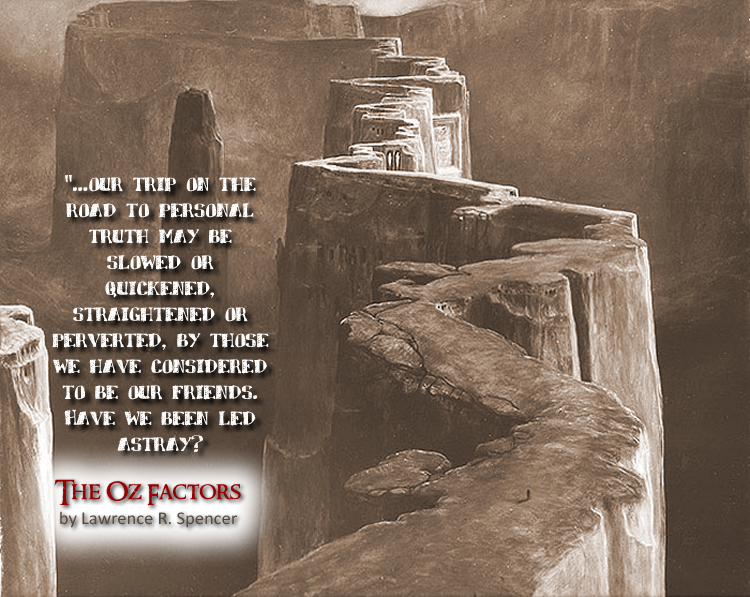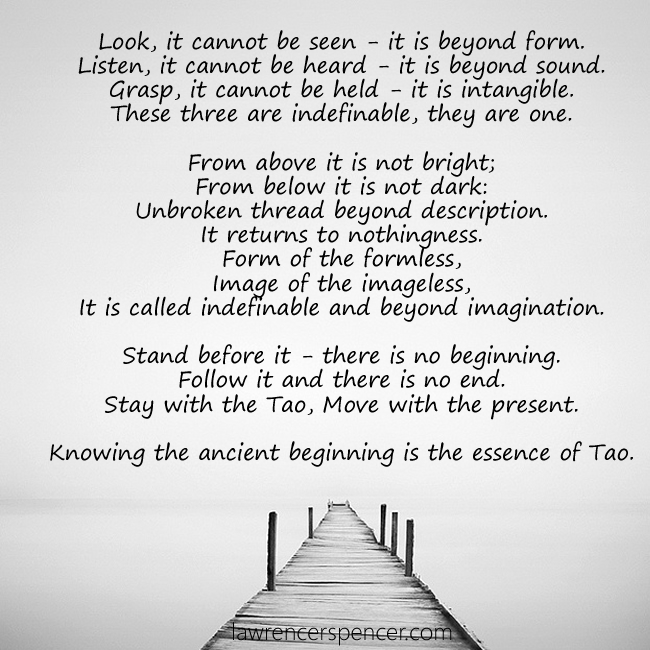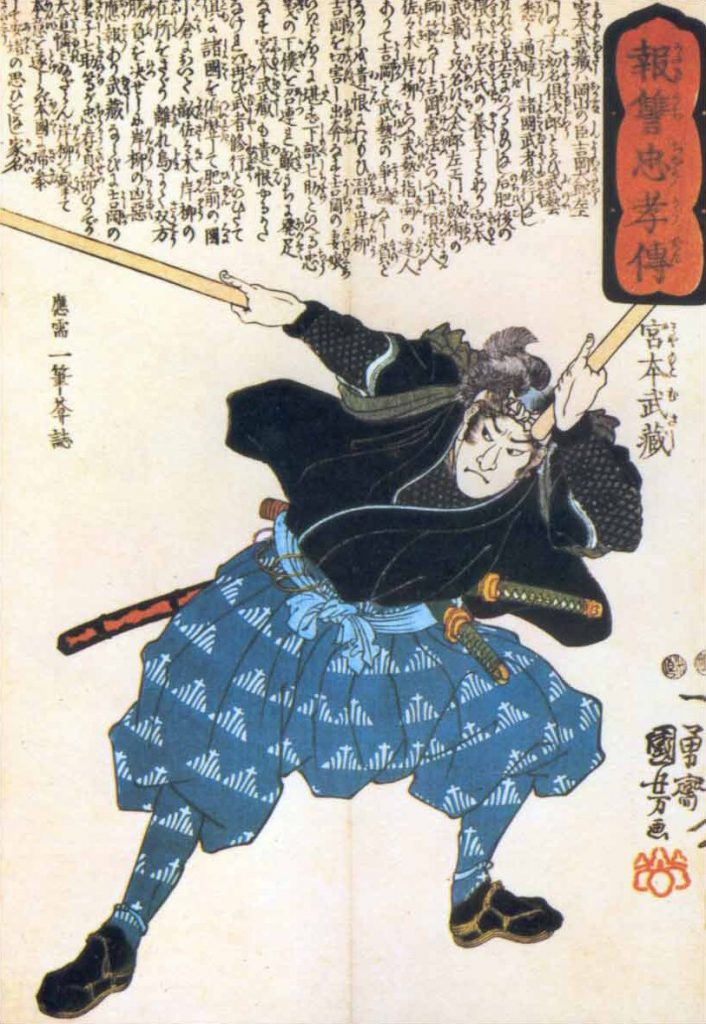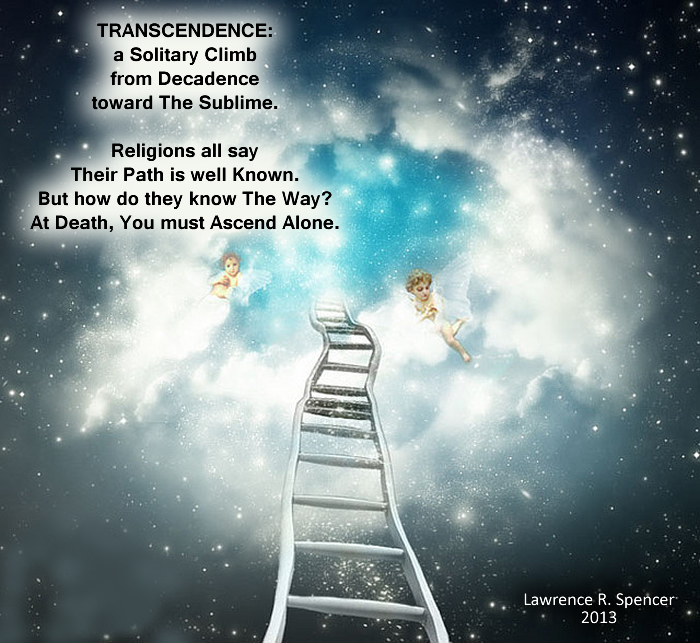Republished by Blog Post Promoter

“The river of human history is clogged and fouled with the putrid refuse of unworkable solutions to the mysteries and problems of life: war, ruined civilizations, insanity, mental anguish, drugs, despair, murder, disease, criminality and starvation. We are the victims of our individual and collective inability to find workable solutions to these unwanted conditions. Our sciences, religion, government and education systems, which should be held responsible, have failed to resolve these basic questions of our existence. As proof, our humanity has long since been exceeded by our ability to destroy life with nuclear and other weapons.
Meanwhile, each of us, knowingly or unknowingly, search for a spiritual way home; a way home to the resolution of the primordial mysteries of our existence: Who are we? Where did we come from? What is our purpose? Each step along the road in our search is heavily influenced by the directions we have been given by those who have traveled before us. Our ancestors, friends, teachers, leaders, scientists, philosophers, writers and artists of the past and present serve as guides in our journey. They help to shape our ability to make our own decisions as to which is the wisest route to travel, or whether to travel at all. Yet, our trip on the road to personal truth may be slowed or quickened, straightened or perverted, by those we have considered to be our friends. Have we been led astray?
Our thoughts and conjectures about life and universes are often based on assumptions, unproved theories, hearsay, rumors and misinformation. The actions we take in life may be based on ancient attitudes and archaic practices which are impractical or no longer applicable. Our view of the physical universe and of our own spiritual universes are spawned and nourished by a panoply of educational and environments influences. Lies replace the truth when a vested interest is being served.
Our decision making processes, the road we choose to follow, is a sort of “logic”. The solutions we use to resolve the problems and mysteries of our lives will be workable or unworkable, depending on the workability of our “logic”.
Yet, in the end, the decisions we make, individually and collectively, will influence the road taken by future Man. Our own lives, the duration or extinction of the human race and all life forms on Earth depend on the decisions we make today.
In the midst of this constant decision making process, modern Western civilization is confronted with an unprecedented, uncontrolled explosion of technological innovation, unseen in recorded history. “Reality” is regulated by vested interests who seek personal gain to the detriment of the greater good. Science has become the soulless and impersonal religion of the 21st Century. Our planetary environment is at risk of irreversible damage, bordering on the annihilation of every living creature. Psychiatric drugs and an unseen one-world government are invading our lives like the flying monkeys in the Land of Oz. Encounters of a Third Kind have replaced the gods of mythology with a more tangible awareness that we may not be alone in this universe. New Age archaeology is rediscovering our past and redefining the paradigms of our history with shock waves of revelations that the Theory of Evolution is archaic and unworkable.
“The Oz Factors” analyzes the subject of Western Logic: How was it created? What are its parts? How does it work or fail to work? How does it effect our lives?
Each of twelve Oz Factors are defined as “A COMMON DENOMINATOR OF WESTERN LOGIC WHICH PREVENTS OBSERVATION, UNDERSTANDING, AND THE ATTAINMENT OF A WORKABLE SOLUTION” to problems of human origin and existence. How these factors influence our history, science, philosophy, our lives and our future is clearly demonstrated, offering a wide variety of new theories as possible alternative routes to the traditional directions we have followed in the past.
The story of “The Wizard of Oz” is used as an analogy through which the reader can more easily understand unfamiliar subjects, in much the same way that Chemistry, for example, can be more easily understood when compared to the familiar subject of cooking; i.e. mixing chemicals in a laboratory is similar to mixing ingredients in a kitchen. The material covered in this book provides examples of incidents which shape our viewpoint of the physical universe and which impinge upon our own personal universes.
“The Oz Factors” offers a simple, yet comprehensive method through which anyone can discover for themselves workable solutions to problems which are considered to be “mysteries” in Western science and philosophy. Discover what is true for you, without religious or academic dogma. Join me in our mutual search for solutions to the primordial questions of existence. May you find a simple and useful road map in “The Oz Factors”.
Lawrence R. Spencer, The Forward to THE OZ FACTORS






